
The home buying process is an exciting time. It’s full of new possibilities, and lifestyle upgrades that feel within reach. If you’ve been on the hunt for a home to purchase and you think you may have finally found The One, it’s important to sit down and think critically about your decision before pulling the trigger. It’s common for home seekers to fall absolutely in love with a home, only for it to fall short in important categories. A lot of thinking and consideration will go into this decision, but it’s worth it to take your time and mull everything over. (Also read: 5 reasons you shouldn’t sell your home in 2024)
Here are 10 questions to ask yourself when you think you’ve found the home of your dreams.
1. Can I afford this?

One of the most important factors when considering purchasing a home is finances. There are endless online calculators where you can punch in your income, debts, and approved interest rate to figure out what you can afford. First-time homebuyers will often ask their loved ones for help when trying to figure out what they can afford. Speaking to a financial planner is also a good idea. But ultimately you are the only person who will know for sure what you can and cannot afford.
It’s also important to keep in mind that just because a mortgage lender approved you for a certain amount, doesn’t necessarily mean that amount is something you can reasonably pay every month. If you feel like the number you were approved for is out of reach, listen to your gut.
2. Can I afford the interest rate for the foreseeable future?

Interest rates are currently at nearly 7 percent — the highest they’ve been since 2008. Many homebuyers will go through with a more expensive home purchase with the plan to refinance in the future. While refinancing is a great idea, it’s not prudent to rely on a future possibility that isn’t guaranteed.
We can never predict the future. No one knows when the Fed will decrease interest rates, or how low they will go. Plus, unforeseen circumstances could cause your credit to fall, which could make refinancing impossible. If a refinancing possibility presents itself, it’s a great idea to take it. But don’t purchase a home you can’t afford just because you think refinancing is a guarantee in the future.
3. Why do I want to purchase instead of rent?
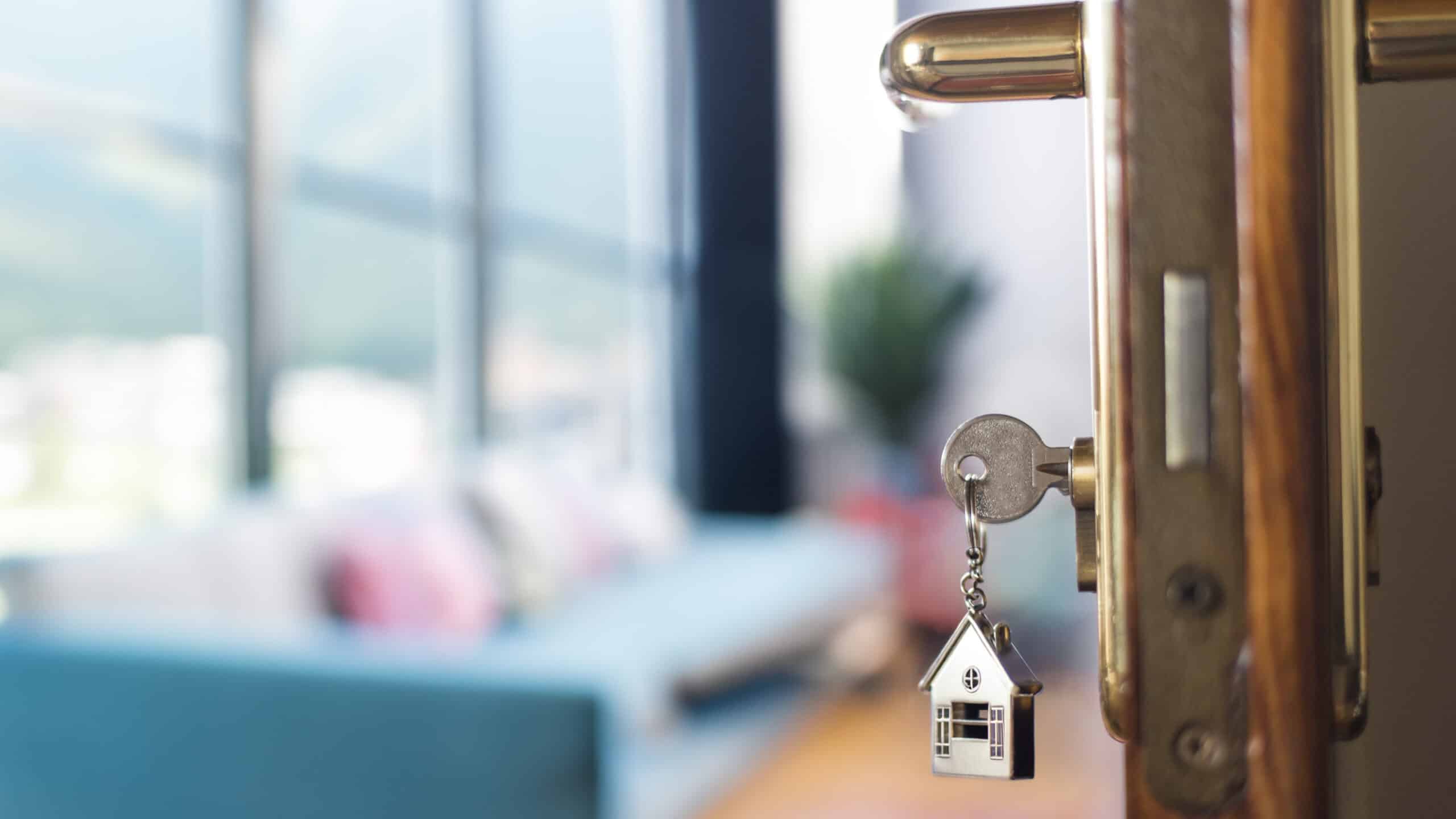
It’s important to consider why you want to purchase a home instead of rent. Purchasing a home is a big responsibility that should not be taken lightly. You’ll now be responsible for making on-time mortgage payments, mortgage lenders will take hard credit checks, and you will have to take care of all the property maintenance.
There are many reasons for buying instead of renting. Many people want to make an investment in something that will appreciate in value, while others just want to be able to paint their walls without being subject to fees. Whatever your reason may be, make sure you’re clear on it so that the home you purchase is likely to align with what you want.
4. How much work needs to be put into the house?
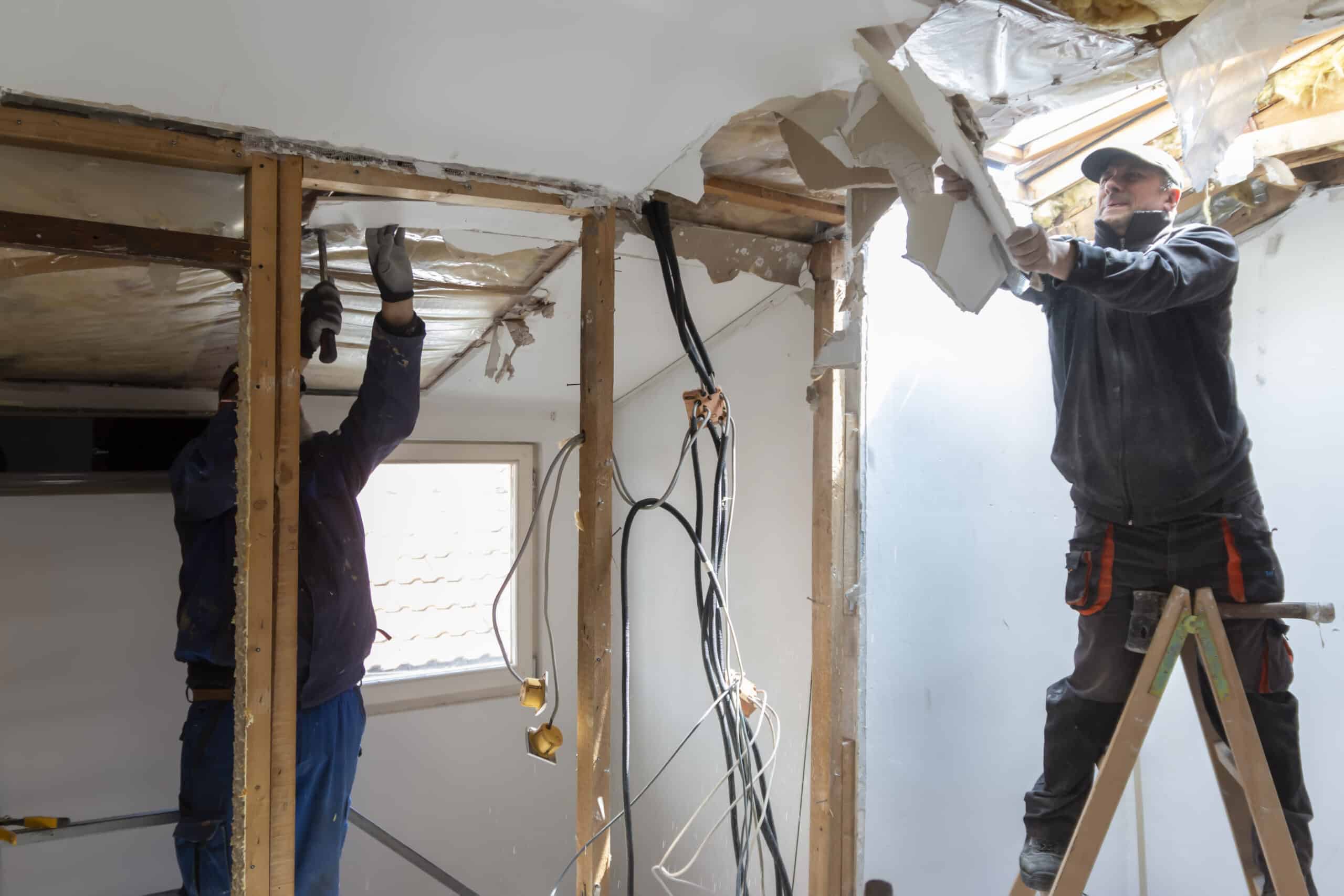
If you’re thinking of buying an existing home — that is, not a new construction — you’ll need to think about the amount of work that will need to be done. If a home is recently renovated or well taken care of, you may not need to lift a finger. But if the home is in need of repairs, you’re on the hook for the cost once you sign your name on the dotted line.
Home renovations almost always cost a bit more than the original quote. This isn’t necessarily because your contractor is dishonest, but because hiding behind the walls they tear down could be a mold issue, rusty pipes, or other previously unknown issues. Repairs and renovations also take a lot of time. If you can’t live in your home while it’s being worked on, you’ll have to factor in additional housing costs.
5. What is the update history?
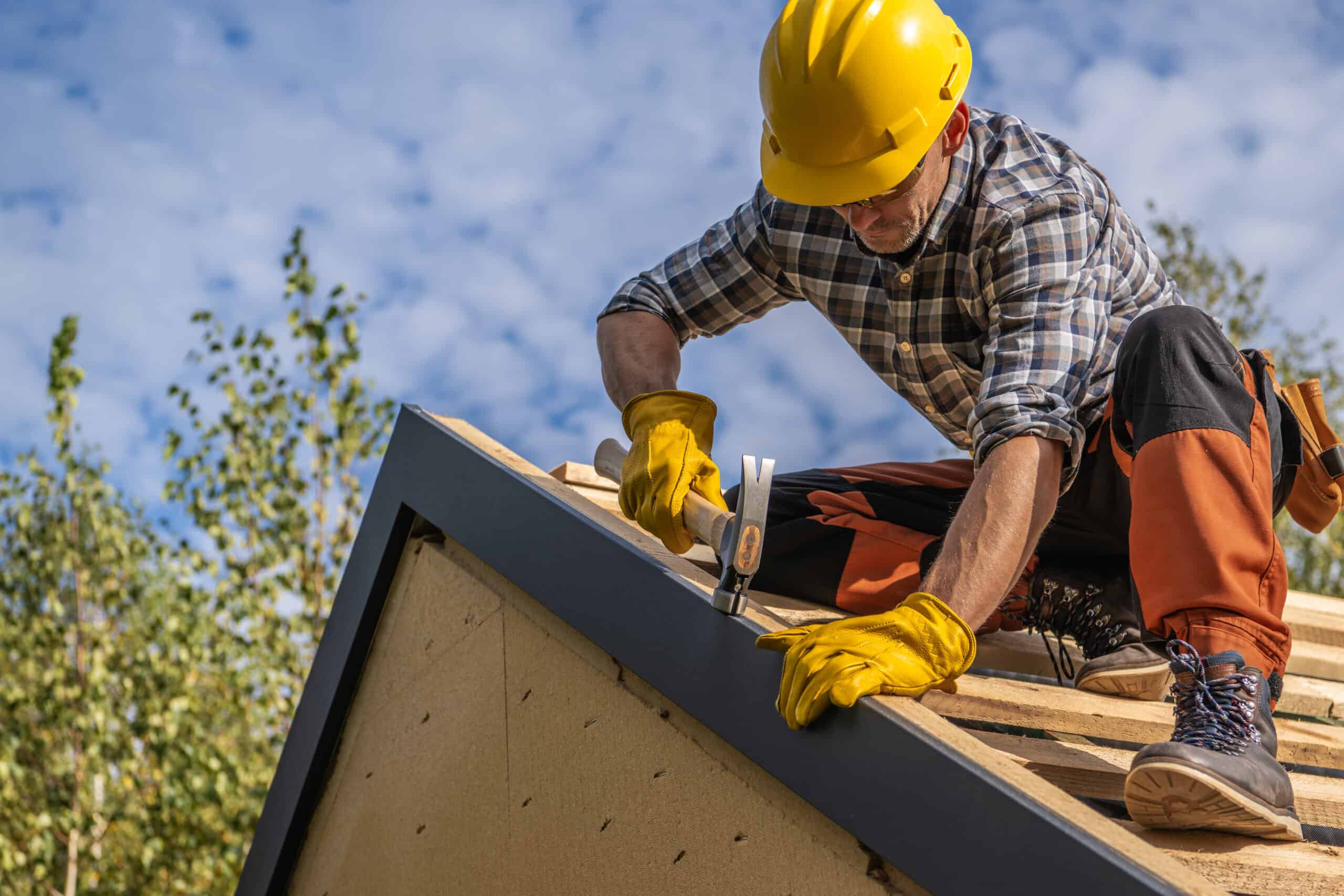
Similar to knowing what kind of repairs need to be done, home buyers should always ask their real estate agent for a list of recent updates and when they were completed. It’s important to know the age of the roof, electrical, HVAC, and even windows. If, for instance, you fall in love with a home whose roof hasn’t been replaced in 20 years, at least you’ll be going in knowing that you’ll need to shell out cash for a new roof sooner rather than later.
6. Why now?

A homebuyer could easily fall in love with a home that’s on the market, affordable, and checks all their lifestyle boxes. But if it’s not the right time, buying probably doesn’t make sense. If you are looking for a new job, for instance, you might have to move to a new city. That might mean it’s not the best time to buy a house down the road from where you currently live.
7. Does this home suit my needs?
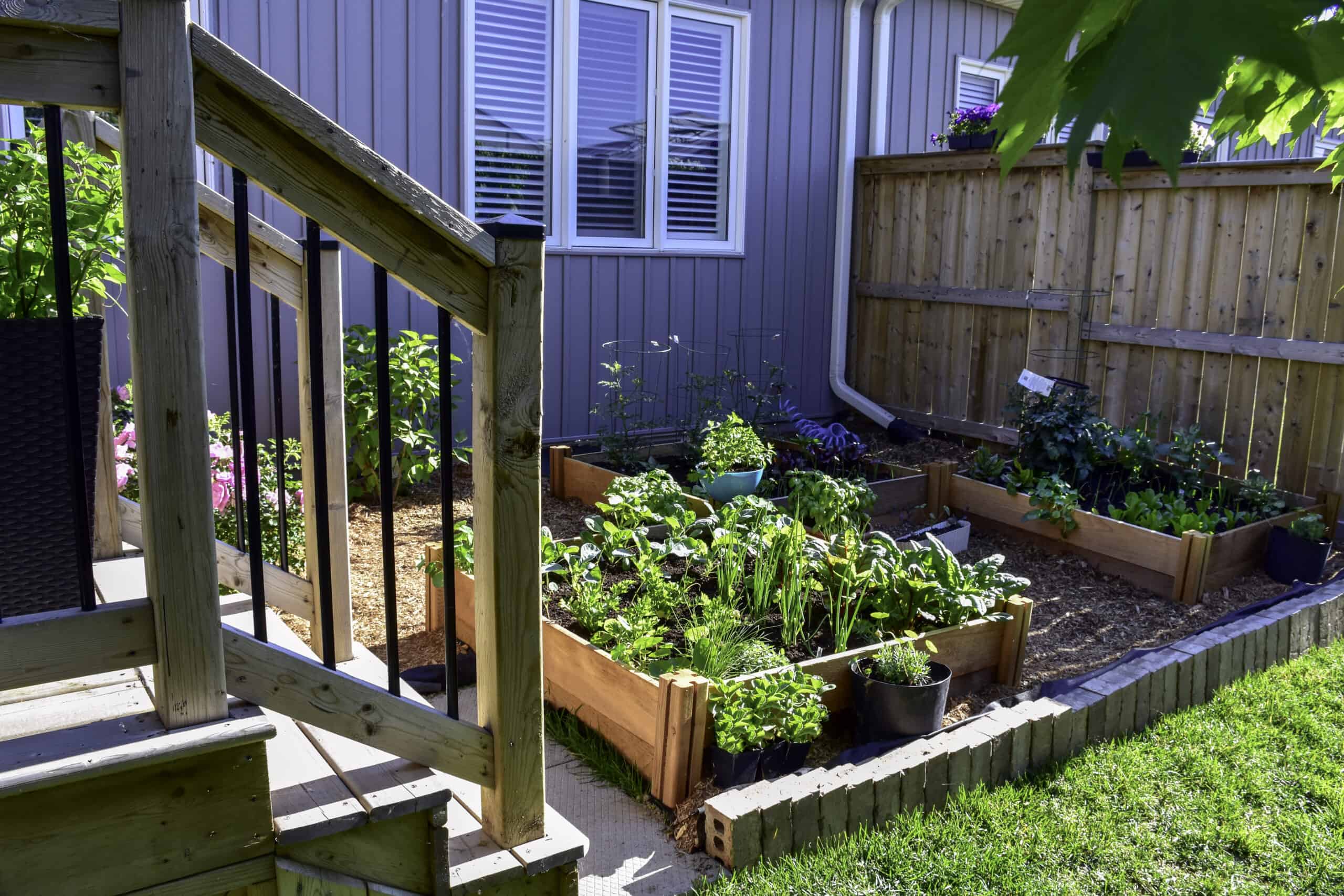
During the home buying process, you’ll have to consider what’s important to you in a home and why. Maybe you need a certain amount of bedrooms, space for a garden, a spacious basement or garage for a work shop, rooms to entertain, or a functional kitchen that doesn’t need any updates. No home is going to be perfect, but the home you choose should at least meet most of your lifestyle expectations.
8. Will this home suit my future needs?
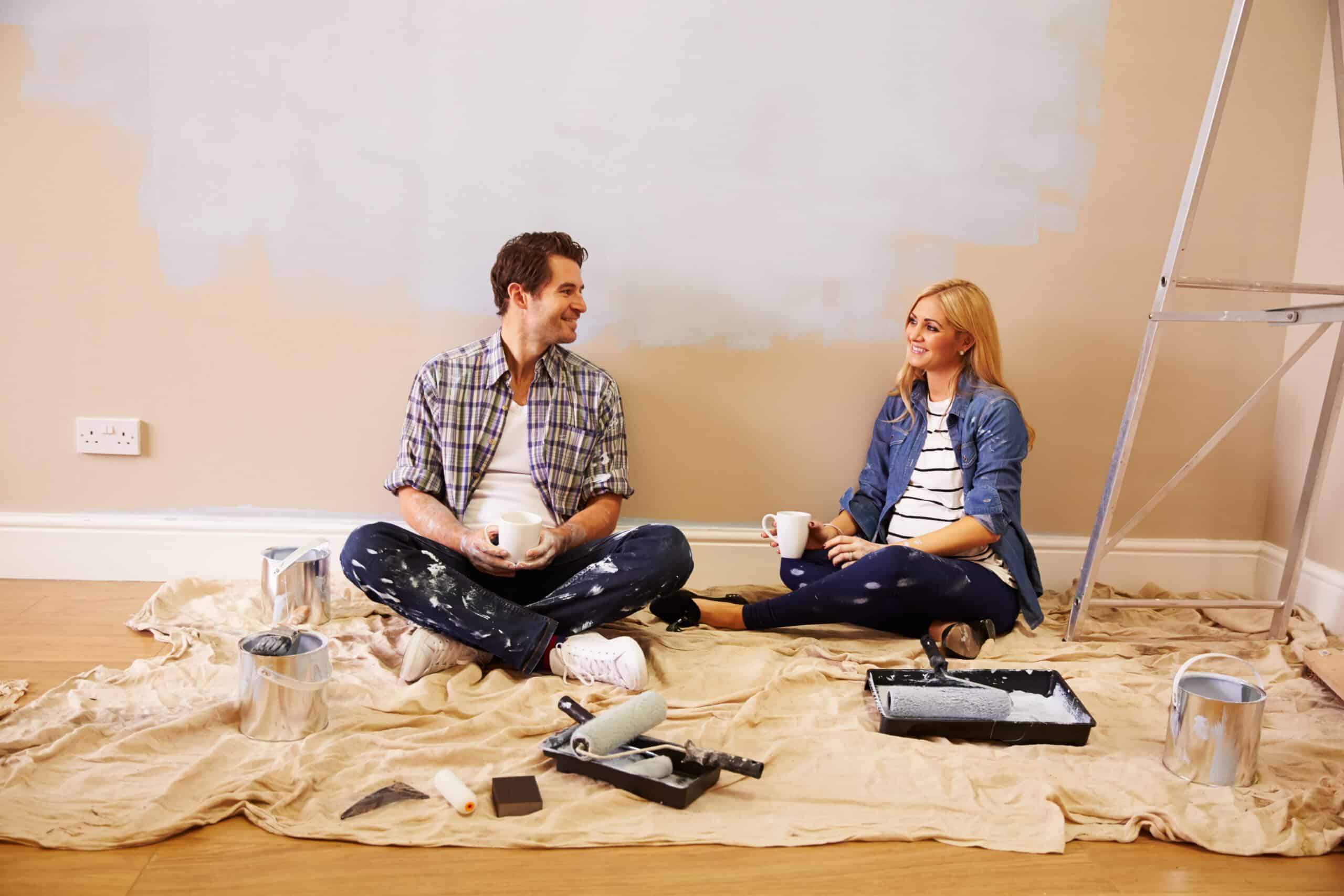
It’s pretty much impossible to tell the future. But sometimes, you know what you’ll need in the next few years. If you’re hoping to purchase a house to settle down some roots and start a family, it’s a good idea to factor in some extra bedrooms.
9. What is the neighborhood like?
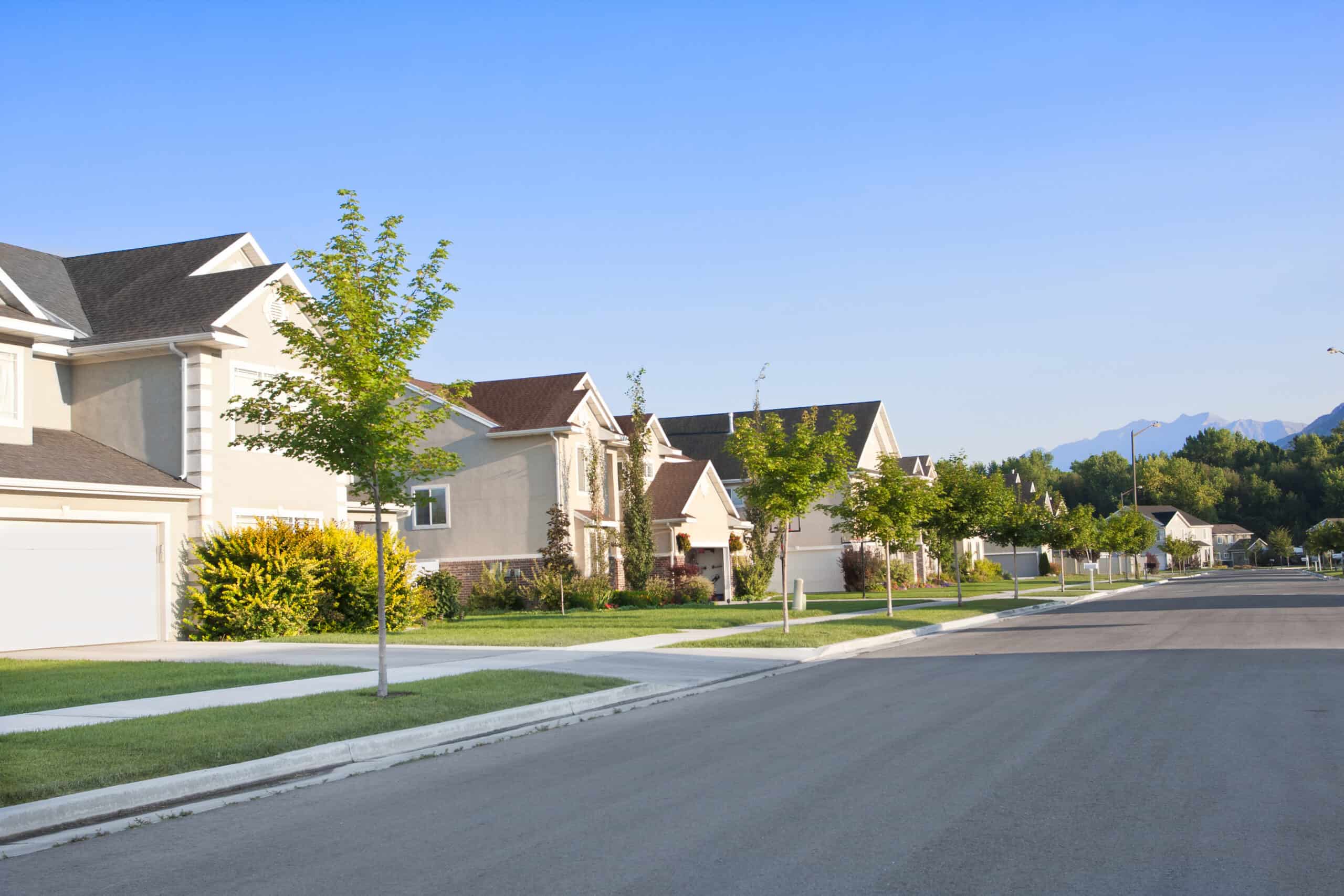
You’ll definitely get a chance to see the neighborhood when you attend an open house or private showing with your real estate agent. But first impressions aren’t always accurate. Try driving through the neighborhood at night, or going at a different time of day than when you first saw it.
If you catch a neighbor outside, it might be a good idea to ask them what they think of the neighborhood. Is it quiet? Does anyone have loud parties at night? Are there lots of barking dogs? What about cat colonies? Do people use the street to cut through to other, busier roads? Get nosy about your future surroundings. The last thing you need is to find something out that could have been a deal-breaker.
Of course, you may not feel comfortable asking questions to neighbors you happen to run into. Feel free to send your real estate agent a list of questions about the neighborhood that they can have the current owners answer.
10. Do I see myself living here?

Finally, you need to consider your emotional state. Buying a house requires a lot of logical thinking. But that doesn’t mean you should discount the emotions that are driving you toward a certain residence. Sometimes, there are ineffable emotional aspects to a living decision, and those are just as valid as all of the nitty-gritty practical things.
If you aren’t in love with a home, it might just not be right for you. You wouldn’t want to invest time, energy, and money into a home that you can’t see yourself in.
The Average American Has No Idea How Much Money You Can Make Today (Sponsor)
The last few years made people forget how much banks and CD’s can pay. Meanwhile, interest rates have spiked and many can afford to pay you much more, but most are keeping yields low and hoping you won’t notice.
But there is good news. To win qualified customers, some accounts are paying almost 10x the national average! That’s an incredible way to keep your money safe and earn more at the same time. Our top pick for high yield savings accounts includes other benefits as well. You can earn up to 3.80% with a Checking & Savings Account today Sign up and get up to $300 with direct deposit. No account fees. FDIC Insured.
Click here to see how much more you could be earning on your savings today. It takes just a few minutes to open an account to make your money work for you.
Our top pick for high yield savings accounts includes other benefits as well. You can earn up to 4.00% with a Checking & Savings Account from Sofi. Sign up and get up to $300 with direct deposit. No account fees. FDIC Insured.
Thank you for reading! Have some feedback for us?
Contact the 24/7 Wall St. editorial team.


